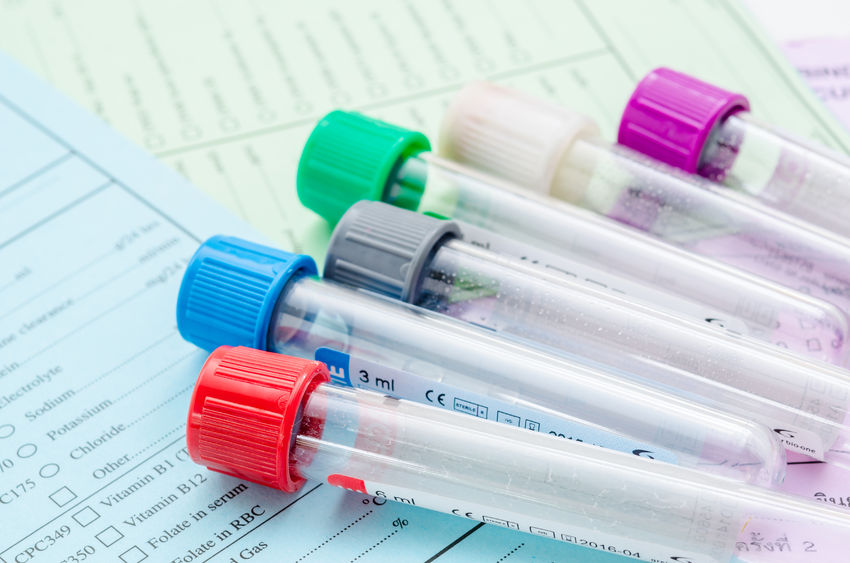
Progesterone
Also known as Progesterone BloodWhat is this test?
Serum Progesterone test measures the amount of progesterone hormone in the blood.
What is Progesterone and it's importance
Progesterone is a hormone produced in both men and women. In women, it is produced in the ovaries after ovulation. It is an essential hormone needed to maintain pregnancy. In women, luteinizing hormone (LH) works with follicle stimulating hormone (FSH) to stimulate the ovarian follicle to produce the female sex hormone, estrogen. The rise in estrogen stimulates the release of more LH. This cause the ovarian follicle to release the mature egg from the ovary, a process called ovulation and turns the remnants of the follicle into a corpus luteum. If fertilization occurs, the LH stimulates the corpus luteum to produce progesterone. Progesterone makes your uterus ready for implantation of a fertilized egg. If fertilization does not occur the levels of progesterone drop off leading to the beginning of next cycle. In men, this hormone helps in the production of sperms.
Why this test is performed?
This test is performed to diagnose an ectopic or failing pregnancy and monitor placenta and fetal health throughout the pregnancy. Your doctor may ask to perform this test if you have fertility issues, to track ovulation during the menstrual cycle or to determine the cause of abnormal bleeding. You may be advised to undergo this test periodically if you are receiving progesterone replacement therapy.
If the test results fall in the normal reference range generally no medical intervention is necessary.
Also known as Serum Progesterone Blood, Serum Progesterone.
Test Preparation
Inform your doctor if you are on any medications, have any allergies or underlying medical conditions before your Progesterone. Your doctor will give specific instructions depending on your condition on how to prepare for Progesterone.
No specific preparation is required for this test. Your doctor may tell you to stop taking certain medications such as birth control or other hormone pills before the test.
Understanding your test results
In women, if the progesterone levels do not rise and fall normally in a month, it may indicate fertility issues.
High levels of progesterone are seen during pregnancy. Increased progesterone levels in non-pregnant women may indicate ovarian cancer, adrenal cancer or congenital adrenal hyperplasia (adrenal gland disorder).
Decreased progesterone levels during pregnancy may indicate an ectopic pregnancy or a risk of miscarriage or fetal death. Other causes for low progesterone levels are lack of periods or decreased function of ovaries.
If you have higher or lower than normal levels of progesterone in blood consult your doctor for further instructions. Based on the test results, your doctor may advise appropriate medical treatments, lifestyle modifications, or further diagnostic tests.
| Gender | Age groups | Value |
| MALE | All age groups | < 1 ng/ml |
| FEMALE | All age groups | 5 to 20 ng/ml (Women Midcycle) and < 1 ng/ml (Before Ovulating, Postmenopausal) |

